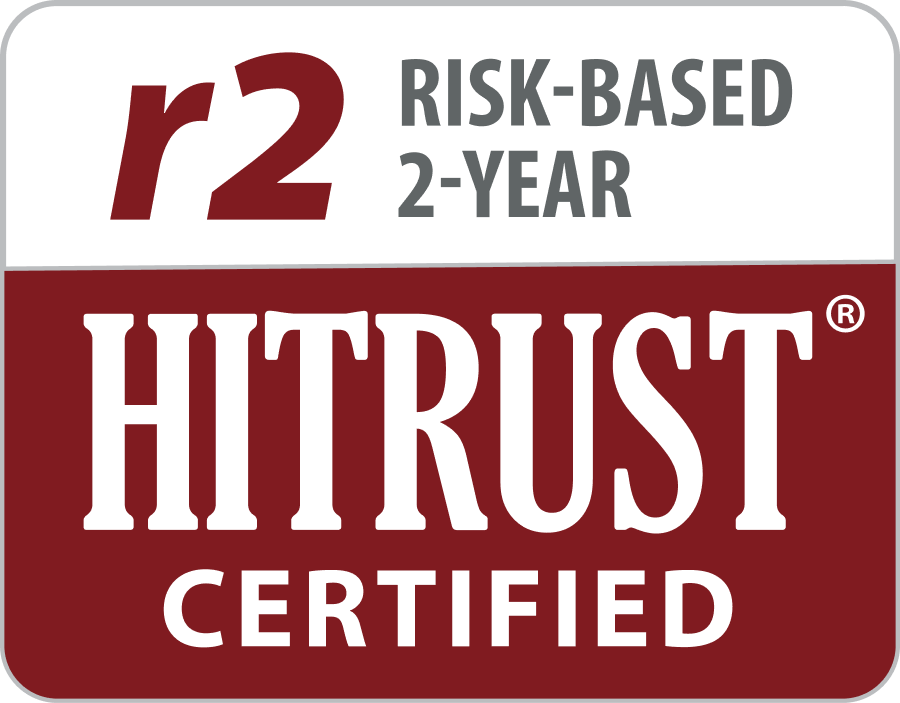Charles Baker, VP, Compliance Solutions

The transition from Medicare-Medicaid Plans (MMPs) to Dual Eligible Special Needs Plans (D-SNPs) in California, particularly under the Medi-Cal program, is a pivotal part of a broader shift toward more integrated and coordinated care. This move is a key aspect of the California Advancing and Innovating Medi-Cal (CalAIM) initiative, which is focused on refining and improving the overall healthcare experience for dual-eligible individuals.
As of January 2023, the Cal MediConnect plans, originally designed to coordinate care for people with both Medicare and Medi-Cal coverage, transitioned to MMPs (also known as Medi-Medi plans). These plans, provided by the same companies that offered Cal MediConnect plans, are crafted to deliver all covered benefits, encompassing medical, home-based, and community-based services, along with medical supplies and medications. The seven Coordinated Care Initiative (CCI) counties transitioned to an exclusively-aligned enrollment (EAE) D-SNP model. This model replaced the financial alignment demonstration known as Cal MediConnect. Managed care plans in non-CCI counties must establish EAE D-SNPs no later than CY 2026, marking a significant step towards a cohesive approach to care and care coordination, paralleling that of Cal MediConnect.
Enhancing Health Equity Through D-SNP Transition
EAE is a state policy that restricts a D-SNP’s membership exclusively to individuals with aligned enrollment, meaning beneficiaries enrolled in an EAE D-SNP are also enrolled in a corresponding Medi-Cal plan. EAE D-SNPs, a new type of Medicare Advantage plan, offer a similar integrated care model as Cal MediConnect.
Per the Department of Health Care Services’ (DHCS) strategic plan for 2023-2027, plans are expected to focus on equitable health outcomes across diverse demographics by developing and implementing targeted strategies and key metrics to close disparity gaps and improve health equity.
Strengthening Statewide Care Coordination
The transition to D-SNPs is viewed as a crucial step towards establishing a statewide structure for dual- eligible beneficiaries under CalAIM, and is expected to enhance care coordination requirements and provide integrated member materials. These plans are exclusively available to dually eligible individuals who are also enrolled in the Medi-Cal managed care plan affiliated with the D-SNP, underscoring the initiative’s commitment to integrated care.
Policy Implications for D-SNPs in CY 2023
For the contract year 2023, the DHCS has limited new Medicare Advantage D-SNPs and expanded county service areas exclusively to those D-SNPs with ongoing affiliations with Medi-Cal managed care plans. This policy mirrors the federal and state strategy of managing Medicare and Medi-Cal benefits for dually eligible beneficiaries within the same organization, aiming to minimize confusion, duplicative care managers, and complexities for hospital and nursing home discharge planners.
The Evolving Role of Independent Practice Associations in Integrated Care
Independent Practice Associations (IPAs) are crucial in providing managed care by contracting with health plans to offer services to beneficiaries. With the transition to D-SNPs, IPAs are tasked with reducing healthcare disparities and improving access to necessary services.
The transition to D-SNPs introduces several oversight challenges for IPAs, including regulatory compliance, care coordination, and financial management. IPAs must navigate the complex regulatory environment of both federal and state regulations, including CMS requirements and California-specific policies. Effective coordination between Medicare and Medicaid services is essential to provide comprehensive care to dual eligible beneficiaries. Managing financial risks and ensuring the economic viability of care models under capitated payment systems are also critical.
CalAIM’s Comprehensive Approach to Medi-Cal Managed Care
The changes under CalAIM are poised to offer a more robust Medi-Cal managed care delivery system for dual-eligible beneficiaries statewide. This includes mandatory Medi-Cal managed care enrollment, Medi-Cal managed care carve-in of skilled nursing facility care, enhanced care management for populations needing long-term services and supports, and Medi-Cal community supports provided by Medi-Cal plans. This transition aligns with broader goals of improving care coordination, enhancing member experience, and simplifying the healthcare process. Plans will need to adapt and explore innovative strategies to effectively cater to the unique needs of this population.
Strategies for Success in the D-SNP Landscape
In the rapidly changing D-SNP landscape, healthcare plans must employ strategic interventions and transformative initiatives to adapt and thrive. Here’s how plans can meet challenges head-on.
- Address changes in Medicare with near-term, targeted interventions while carrying out transformative initiatives.
- Pursue growth opportunities in rural areas and underpenetrated populations. This is a sizable opportunity given that D-SNPs are forecasted to be the most highly profitable sector for government plans by 2027.
- Reach more eligible members using their preferred marketing and sales channels and target interventions to reach communities with a higher proportion of minority residents and residents of low socioeconomic status; this may include partnering with more field brokers.
- Prioritize investment in the Star Ratings system to address member needs, performance and maximizing revenue. Creating a strategy to address health equity and social determinants of health, close clinical-care gaps and improve outcomes allows plans to deliver a best-in-class member experience.
- Develop wraparound support services for member engagement and preferences.
Unlocking D-SNP Success: Tailored Solutions from ATTAC Consulting Group
ATTAC Consulting Group has extensive experience with all phases of D-SNP implementation, including:
- Care Management
- Transitional Care
- Utilization Management
- Star Ratings/HEDIS Strategy & Implementation
- Integrated Grievance & Appeals
- Policies and Procedures
- Claims
- Risk Adjustment
- Call Center
- Enrollment
- Marketing
- Sales
- Compliance
We recognize the complexities and evolving challenges within the D-SNP landscape, particularly in light of the transition from Medicare-Medicaid plans. Our compliance expertise uniquely positions us to help ensure that your plan remains compliant, strategically innovative, and adaptable to market changes. By partnering with ATTAC, you can transform regulatory changes into tangible opportunities for enhanced care delivery and growth in your health plan. Let’s collaborate to position your health plan for success and resilience in the face of these significant shifts.

